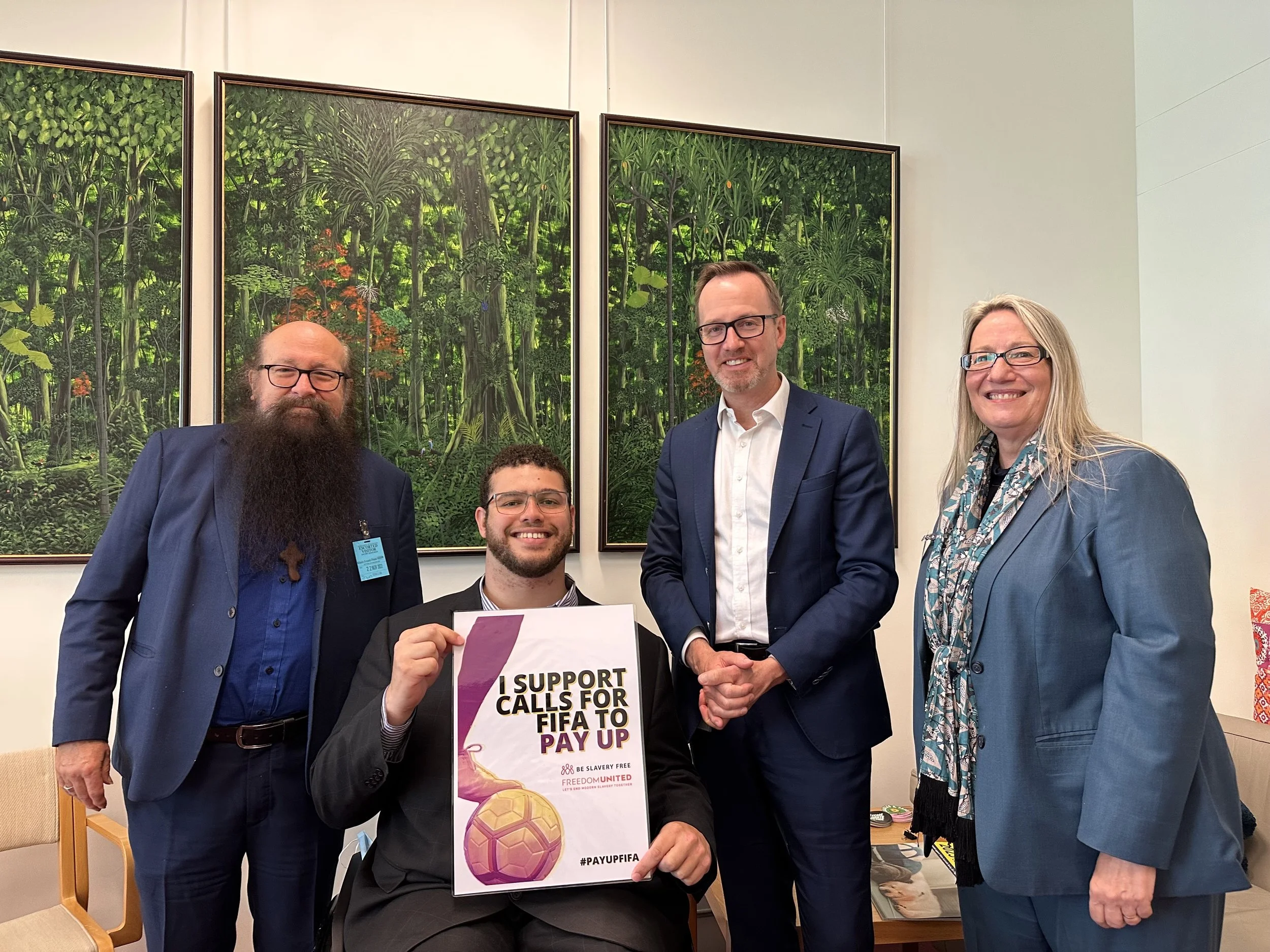The Reality Behind the FIFA World Cup in Qatar: A Call for Justice for Migrant Workers
As the FIFA World Cup in Qatar unfolds, it is essential to confront the sobering reality of the human cost associated with this global event. Over 6,500 migrant workers have tragically lost their lives in the construction of stadiums and hospitality venues for the tournament. These figures illustrate the serious implications of organising such a significant sporting event in a nation that was largely unprepared for it.
When Qatar was awarded the World Cup nearly 12 years ago, it had minimal infrastructure and a limited labour pool to support a project of this magnitude. However, in the years that followed, thousands of migrant workers, primarily from Asia and Africa, arrived in the Gulf state, driven by the hope of better opportunities. Unfortunately, many have encountered alarming instances of abuse, exploitation, and forced labour, leading to devastating harm and, tragically, loss of life.
Despite the distressing reports and widespread calls from civil society organisations worldwide for reforms to protect migrant workers, progress has been minimal. Most notably, FIFA has faced significant criticism for its refusal to establish a compensation fund for the families of migrant workers who have suffered or perished during the World Cup preparations. This reluctance is particularly stark in light of FIFA's substantial profits, which topped approximately $7.5 billion during the tournament—an amount that far exceeds the proposed compensation fund of just 6%.
At Be Slavery Free, we are committed to amplifying the voices of those who have been affected. We have been actively involved in advocating for justice, having recently presented a petition with over 5,000 signatures to Football Australia, calling for public support of a compensation fund for migrant workers. This petition was notably escalated by Senator Thorpe, who presented it to the Australian Senate, highlighting the need for systemic change.
While it is acknowledged that the Qatari government has initiated some reforms—such as the abolition of the Kafala system that previously bound workers to their employers—the impact of these reforms has been limited. Many workers remain vulnerable, earning as little as $275 per month and facing working conditions that can be exploitative and dangerous.
The stark disparity between the lives of Qatari citizens, who enjoy one of the highest purchasing power levels in the world, and the migrant workers supporting their economy, underscores a deeply entrenched two-tiered society. Many of these workers still contend with unfair practices that restrict their rights, such as contract substitution and the withholding of their passports, leaving them trapped in exploitative situations.
During a recent meeting on 4 November, Fuzz Kitto and Carolyn Kitto, directors of Be Slavery Free, engaged with Football Australia COO Mark Falvo to address these pressing issues. Although the organisation reiterated its support for the establishment of a Migrant Workers Centre, it did not commit to endorsing reparations for the workers who have been injured or for the families of those who have lost their lives as a result of the World Cup preparations.
Fuzz and Carolyn Kitto, Directors of Be Slavery Free at Football Australia office on Friday November 4.
Fuzz Kitto, Senator Jordan, Senator Shoebridge, Carolyn Kitto. Support for calls for reparations.
As the tournament continues, the plight of migrant workers must not be overshadowed by the thrill of competition. At Be Slavery Free, we remain steadfast in our commitment to advocate for justice, accountability, and the recognition of the significant sacrifices made by these workers. Their experiences highlight the critical need for change in both policy and practice within Qatar, paving the way for a fairer, more equitable future for all who seek opportunities in the region.


